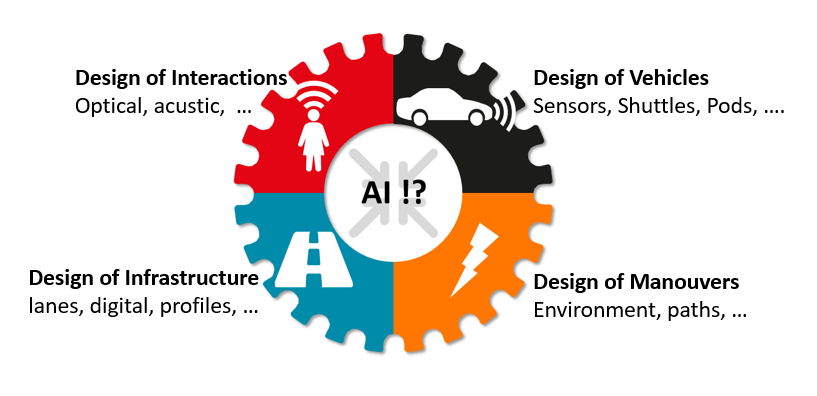Dec 6, 2019
Build up by the media into a miracle weapon for any problems or announced as a harbinger of the robot apocalypse: artificial intelligence. On the one hand, this does not provide the urgently needed information and, on the other hand, fuels excessive fears or hopes.
It is a fact that A.I. is already anchored in some areas of life. At the governance level, the public sector is already benefiting from applications in traffic control and planning, scenario modelling and environmental model calculations. Decision support and process control are important areas of application. Yet also private individuals are already using A.I. based applications, for example assistance systems such as voice control and parking assistance.
As with many technologies – because A.I. is ultimately "only" a technology – there is a multitude of positive design and application possibilities, but also the possibility of misuse. As a driver of global networking, A.I. plays an international role, so regulations and quality features must also be thought globally.
Whether at the governance level, in the infrastructure or in individual traffic behaviour, there are already many applications in the field of mobility that involve artificial intelligence. These range from timetable information on mobile phones to emergency braking assistants in cars. AustriaTech has made it its task in 2020 to determine an actual state in order to derive opportunities and risks of A.I. as well as strengths and weaknesses. It is also essential to review and clarify what A.I. is.

What already exists in the field of mobility and A.I.? Which knowledge, tools and skills are necessary to use A.I. for research and innovation? What are the trends and what are the focal points? What legal foundations need to be created? Which ethical aspects have to be considered? Our experts deal with these and many other questions in order to provide possibilities and recommendations for action in dealing with artificial intelligence.
Bangkok, for example, used A.I. technology for traffic accident analyses and predictions in response to 26,000 road deaths a year. It is a kind of "weather forecast" for accidents in order to develop options for improvement based on them.
It is already clear that A.I. can achieve a lot and above all quickly, but also cannot stand alone. In order to become sustainable, sectors must open up and connect with other areas, and A.I. is the right tool for this. A prime example of this intersectionality is mobility. There are effects on many industries and areas of life, which is why it is important to open up interfaces and create positive synergies and exchanges. For example, in the logistics sector, but also in personal mobility, there is a multitude of starting points for A.I., whose development can have a positive influence on our everyday lives.
In addition, it is essential to seek dialogue with stakeholders (with citizens and at the governance level) to provide information, to disseminate information and thereby take away fears and build trust and confidence in the technologies.